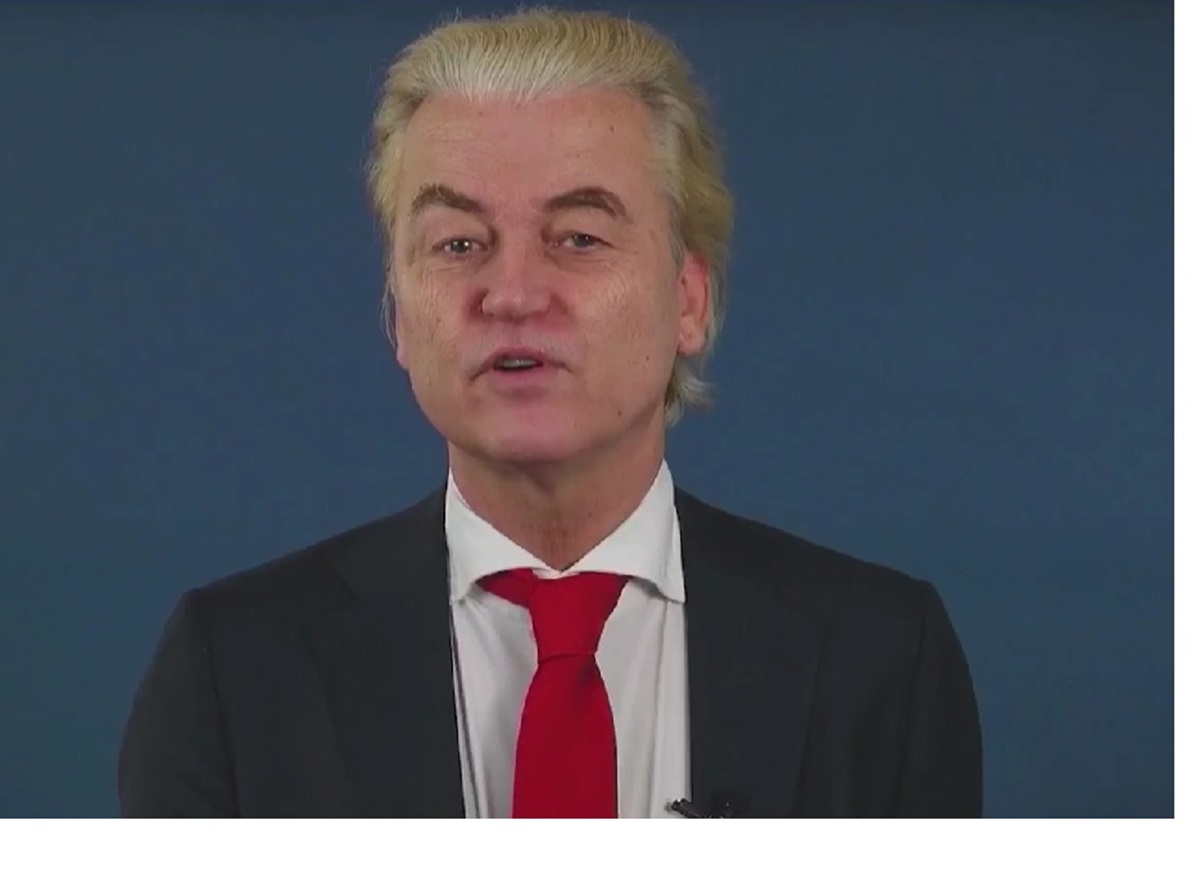International
The Netherlands does not yet have a government, but everyone knows that new elections would give power to Geert Wilders and the PVV

The Netherlands has been without any government for months now, but, so far, no solution is in sight. The Dutch system, which uses mediators to help coalition governments form in a country where seats are distributed proportionally, necessitates agreements between the various parties.
The issue is that the centrists, who until yesterday governed with the left, only raised issues, leading to the mediators being burned one after another. The PVV, the right-wing party of Geert Wilders, emerged victorious in the most recent election.
Government formation in the Netherlands is entering a new cycle with 2 new mediators. The House of Representatives, the Dutch parliament, has approved the choice of Elbert Dijkgraaf and Richard van Zwol. Geert Wilders, the winner of the parliamentary elections and the leader of the extreme right-wing PVV, appointed them.
Dijkgraaf is a former SGP (Reformed Political Party) member of parliament and professor of economics. Van Zwol is a former senior civil servant and now sits on the Council of State. He was previously chairman of the Scientific Institute for the CDA (Christian Democratic Appeal). He recently chaired a committee on migration, where he recommended the conclusion of multi-year agreements to limit migration.
With Dijkgraaf and Van Zwol, Wilders once again chooses informants from outside his party. They have to lead the substantive discussions among the 4 right-wing parties that are trying to form a government.
This concerns these 4 parties:
- Geert Wilders’ PVV (Party for Freedom) (D group in EU)
- The VVD (People’s Party for Freedom and Democracy) (Liberal) of Dilan Yeşilgöz.
- The NSC (New Social Contract) (EPP) of Pieter Omtzigt
- The BBB (Citizen Farmers Movement) of Caroline van der Plas.
“Program Cabinet”
Whistleblowers will have eight weeks to investigate the possibility of a so-called “program cabinet,” that is, based on things to be done and not on people. They need to find out exactly what it might be, who will be in it, and what the government’s program will be, because a program-based government must have a common program.
The proposal for a “program cabinet” is mentioned in the final report by Kim Putters, who has so far been the mediator. The House of Representatives has been debating his report, which was submitted last week, all day today.
Putters’ report then states that the 4 parties want to form a “program cabinet.” And that the 4 party leaders, including Geert Wilders, have declared their willingness not to be part of that cabinet but to remain in parliament. Half of the ministers and undersecretaries of state in the “program cabinet” are expected to come from outside politics.
But what exactly do the 4 parties mean by this separate construction of a “program cabinet”? This is what the opposition wanted to know from the party leaders. The description remains vague, says Jeroen Reygaert, who is in The Hague for VRT NWS.
“No matter who you ask the question to, you will always get a different answer,” he says. According to the future opposition, it is simply a majority coalition but with a different name. It would mean that there is a greater role for parliament and a limited role for the government program. How limited should the government program be? There is no consensus on that either.”
“Many questions have barely been answered, and this is to hide the fact that things are not going so well among the 4 parties,” Reygaert also says. “The opposition has also consistently pushed where it hurt.”
Only fear will help government formation
The government’s chances are boosted by a most powerful factor: fear of new elections Polls indicate that, if a vote were to be held, the PVV would strongly strengthen its positions while the NCS centrists would almost halve.

No one, therefore, other than Geert Wilders and his PVV, have any fears of facing new elections, and this, after a tough road, could help the formation of the new Dutch government. It would be yet another defeat for the left in Europe.






